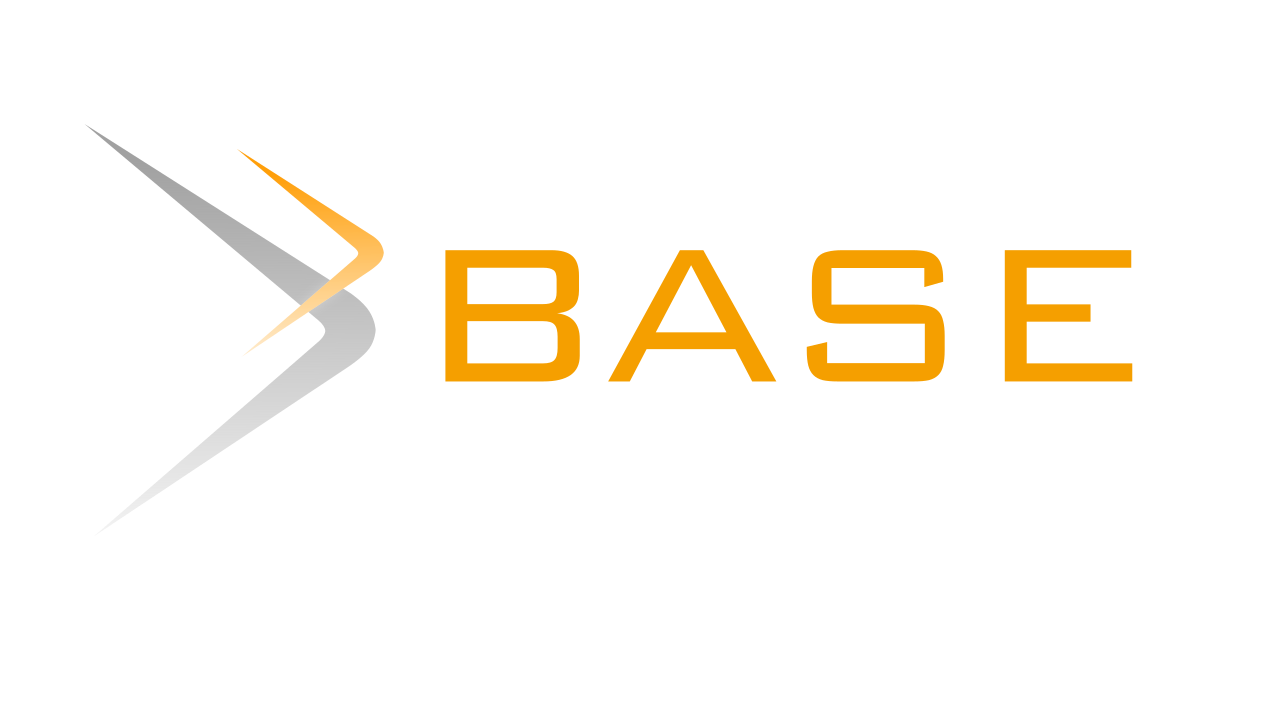Optimization of Audit Tool Linked Archive System (ATLAS) on Risk Base Audit
DOI:
https://doi.org/10.32486/aksi.v9i2.800Keywords:
ATLAS, Audit, Pembelajaran, Berbasis Proyek, Risiko, Sektor PublikAbstract
This article discusses the implementation of Project Based Learning (PBL) as a risk-based audit learning model utilizing the Audit Tool Linked Archive System (ATLAS) application. PBL is an effective approach to enhance student engagement and understanding in the audit process, particularly concerning the risks encountered in modern audit practices. By using ATLAS, students can learn independently and purposefully, leveraging technology to access relevant information and data. This study also examines how this learning model can improve students' competencies in the field of auditing and prepare them to face challenges in the workforce. This study uses a qualitative approach with a case study at the Accounting Department of Pontianak State Polytechnic, involving 3rd semester students who were divided into groups for an audit project. Data were collected through interviews, observations, and documentation, then analyzed thematically. The results showed that PBL and ATLAS significantly improved students' understanding of RBA and practical audit skills, with students reporting higher engagement and motivation. Recommendations include the integration of technology into the curriculum and training in the use of applications. The findings conclude that technology-supported PBL such as ATLAS is effective in preparing students for the challenges of the modern workplace.
References
Afriana, J. (2015). Project based learning (PjBL). Makalah Untuk Tugas Mata Kuliah Pembelajaran IPA Terpadu. Program Studi Pendidikan IPA Sekolah Pascasarjana. Universitas Pendidikan Indonesia. Bandung.
Anazifa, R. D., & Djukri, D. (2017). Project-based learning and problem-based learning: Are they effective to improve student’s thinking skills? Jurnal Pendidikan IPA Indonesia, 6(2), 346–355.
Boondee, V., Kidrakarn, P., & Sa-Ngiamvibool, W. (2011). A learning and teaching model using project-based learning (PBL) on the web to promote cooperative learning. European Journal of Social Sciences, 21(3), 498–506.
Cahyadi, E., Dwikurnaningsih, Y., & Hidayati, N. (2019). Peningkatan hasil belajar tematik terpadu melalui model project based learning pada siswa sekolah dasar. Jurnal Riset Teknologi Dan Inovasi Pendidikan (Jartika), 2(1), 205–218.
Prajanto, A. (2020). Project Based Learning sebagai Model Pembelajaran Risk Based Audit dengan Media Aplikasi Audit Tool Linked Archive System (ATLAS). Jurnal Akuntansi, Keuangan Dan Auditing, 1(1), 18–28.
Pratiwi, E. T., & Setyaningtyas, E. W. (2020). Kemampuan berpikir kritis siswa melalui model pembelajaran problem based learning dan model pembelajaran project based learning. Jurnal Basicedu, 4(2), 379–388.
Sumarni, W. (2015). The strengths and weaknesses of the implementation of project based learning: A review. International Journal of Science and Research, 4(3), 478–484.
Downloads
Published
How to Cite
Issue
Section
License
Copyright (c) 2024 Endang Kusmana, Perdhiansyah, Risti Rahmaniar

This work is licensed under a Creative Commons Attribution-ShareAlike 4.0 International License.














